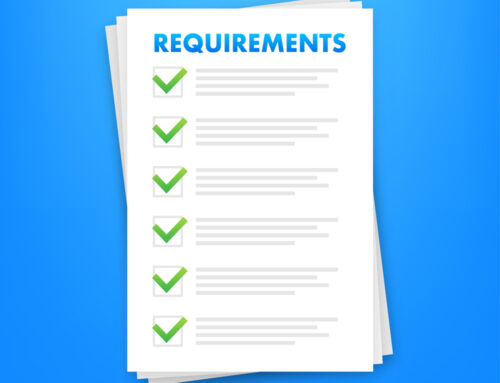For many high school students, writing college essays is one of the most dreaded aspects of the admissions process. Unlike an essay for an English or history class, these essays don’t require hours of research, note taking or creation of a bibliography. In many ways, that should make them easier to write. The purpose of an admissions essay is for the student to tell a college about who they are as a person. What makes you tick? What do you care about? What unique characteristics and background will you bring to a college campus? Thus, a college essay requires applicants to write about themselves, and that can be extremely difficult for some.
With generative AI becoming more ubiquitous, many students are wondering if they can ethically use it for college essays. College admissions experts agree that the answer is “yes, but…”. Mark Sklarow, the recently retired CEO of the Independent Educational Consultants Association, offers this guidance: “AI use must support student work, meet broadly accepted norms, and most importantly, preserve the student’s authenticity.”
A recent Forbes article quoted Dr. Aviva Legatt, founder of EdGenerative, which helps education leaders design AI initiatives that advance institutional mission. Dr. Legatt said, “Generative AI can improve grammar, streamline wordiness, and suggest more polished phrasing. But only you can ensure the essay reflects your actual experience, values, and tone. If you let AI overwrite your voice, you risk sounding generic or inauthentic.”
So what exactly is your “voice”? It’s how you communicate your perspective. It includes the metaphors and phrases you use naturally in writing or speaking. One of the ways I encourage students to determine if their writing reflects their voice is to read their essay out loud. Better yet, record and listen to yourself reading your essay. It may not sound like the way you talk to your friends, but is it the way you would speak to a teacher or a mentor?
According to Dr. Legatt, “Admissions officers are attuned to what doesn’t feel real. If your essay reads like it was written by a 35-year-old data analyst, but you’re a 17-year-old aspiring biology major, that mismatch can work against you.” And, Mark Sklarow cautions, “Colleges are increasingly using AI-detection tools and comparing writing styles across applications. Consequences for violating [colleges’] rules may include rejection, rescinding admission, or Common App account suspension.” In fact, Common App labels using AI to write your admissions essays as a “form of fraud.”
So, how can students use AI in the essay writing process? AI is well-suited to checking grammar, spelling and formatting. It can be a wonderful brainstorming partner. AI can also be helpful to students if they are struggling to understand a prompt. When it comes to supplemental essays, those asked by individual colleges, each essay prompt is different and reflects a college’s distinct values. Inputting the prompt into AI and asking it to help you understand what the college is really asking can be useful.
At Discovery College Consulting, we ask all of our students and parents to agree to a set of expectations for completing college applications. In the section about essays, we state that students may use AI for help with brainstorming, outlining, and revising, but essays should be written entirely by the student. We also request that our students inform us about any AI tool use so that we can ensure its use remains within ethical and policy boundaries.
There is no doubt that AI is a powerful tool. But ChatGPT isn’t applying to college; you are. Make certain your essay reflects your values, thoughts and experiences, not those generated by AI.






